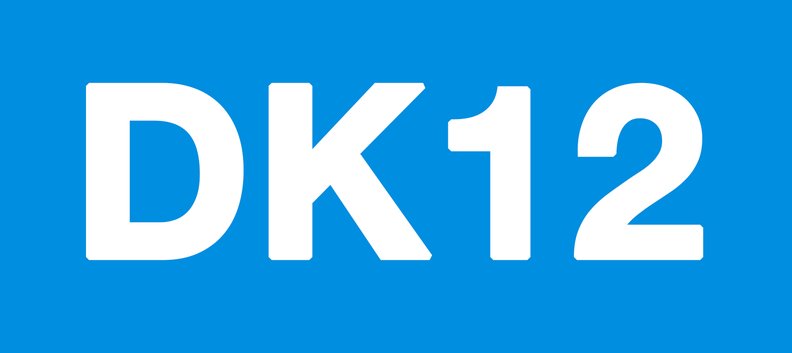Lesson
Learning about special diets and allergies is important in this home economics course because it promotes inclusivity and allows you to cater to diverse dietary needs if it comes up in your home, or with your guests, or in the future. It also teaches you to be mindful of food sensitivities and helps you develop skills to create meals that are safe and enjoyable for everyone.
What’s a Food Allergy — and What’s Not? | Body Stuff with Dr. Jen Gunter
What are the 14 food allergens? | Food Safety Training
List Of Special Diets
Vegetarian: A diet that excludes meat, poultry, and seafood.
Vegan: A diet that excludes all animal products, including meat, dairy, eggs, and honey.
Pescatarian: A diet that includes fish and seafood but excludes other animal meats.
Gluten-Free: A diet that excludes gluten, a protein found in wheat, barley, and rye.
Lactose-Free: A diet that excludes lactose, a sugar found in dairy products.
Dairy-Free: A diet that excludes all dairy products, including milk, cheese, and yogurt.
Nut-Free: A diet that excludes all nuts and products containing nuts.
Soy-Free: A diet that excludes soybeans and soy products.
Egg-Free: A diet that excludes eggs and products containing eggs.
Shellfish-Free: A diet that excludes shellfish, such as shrimp, lobster, and crab.
Low-FODMAP: A diet that restricts foods high in fermentable oligosaccharides, disaccharides, monosaccharides, and polyols, which can be difficult to digest.
Ketogenic (Keto): A high-fat, low-carbohydrate diet that can help with weight loss and certain medical conditions.
Paleo: A diet that focuses on foods presumed to have been available to Paleolithic humans, including lean meats, fish, fruits, vegetables, nuts, and seeds.
Whole30: A 30-day elimination diet that excludes sugar, alcohol, grains, legumes, soy, and dairy.
Mediterranean: A diet inspired by the traditional eating habits of people from countries bordering the Mediterranean Sea, which emphasizes fruits, vegetables, whole grains, and healthy fats.
DASH (Dietary Approaches to Stop Hypertension): A diet rich in fruits, vegetables, whole grains, and low-fat dairy products, designed to lower blood pressure.
Specific Carbohydrate Diet (SCD): A diet that limits the intake of certain carbohydrates to manage digestive conditions like Crohn’s disease, ulcerative colitis, and celiac disease.
GAPS (Gut and Psychology Syndrome) Diet: A diet that focuses on improving gut health to treat conditions like autism, ADHD, dyslexia, and depression.
Anti-Inflammatory Diet: A diet that includes foods believed to reduce inflammation in the body, such as fruits, vegetables, nuts, seeds, and fish.
Low-Histamine Diet: A diet that restricts foods high in histamine, which can help manage histamine intolerance.
Low-Sodium Diet: A diet that limits sodium intake, which can help manage high blood pressure and other health conditions.
Project Description
You probably have heard some of these special diets either from TV, your family, when you go to the store and find food labeled with these diets, or you might even follow one of these special diets. It’s important to learn more about them and be aware of what food is allowed and not allowed in these special diets, as you will come across them a lot in your life.
Instructions
- Research Special Diets and Food Allergies: Use online resources to research different special diets and common food allergies using the list above.
- Information Gathering: Gather information including common foods to avoid, alternative food options, potential health implications, and products or dishes.
- Note Taking: Take notes on key points and practical tips for accommodating the special diet or food allergy.
- Summary: Write a brief summary in your own words of what you learned about special diets and food allergies, including any insights or challenges you encountered during your research.
- Reflection: Reflect on the impact of special diets and food allergies on meal planning and preparation. Keep them in mind next time you have a conversation and someone brings up that they follow one of those diets, ask them questions about it.
